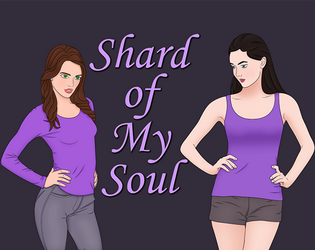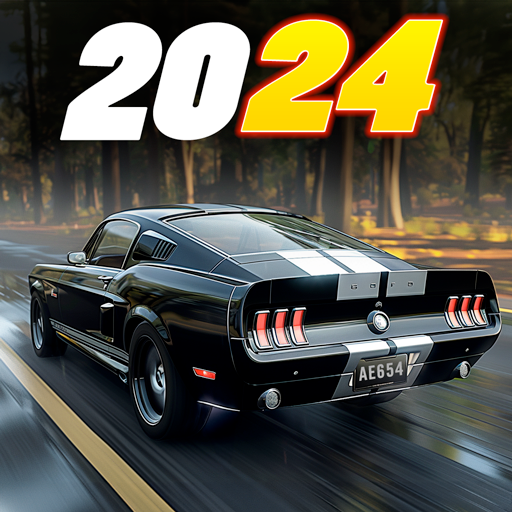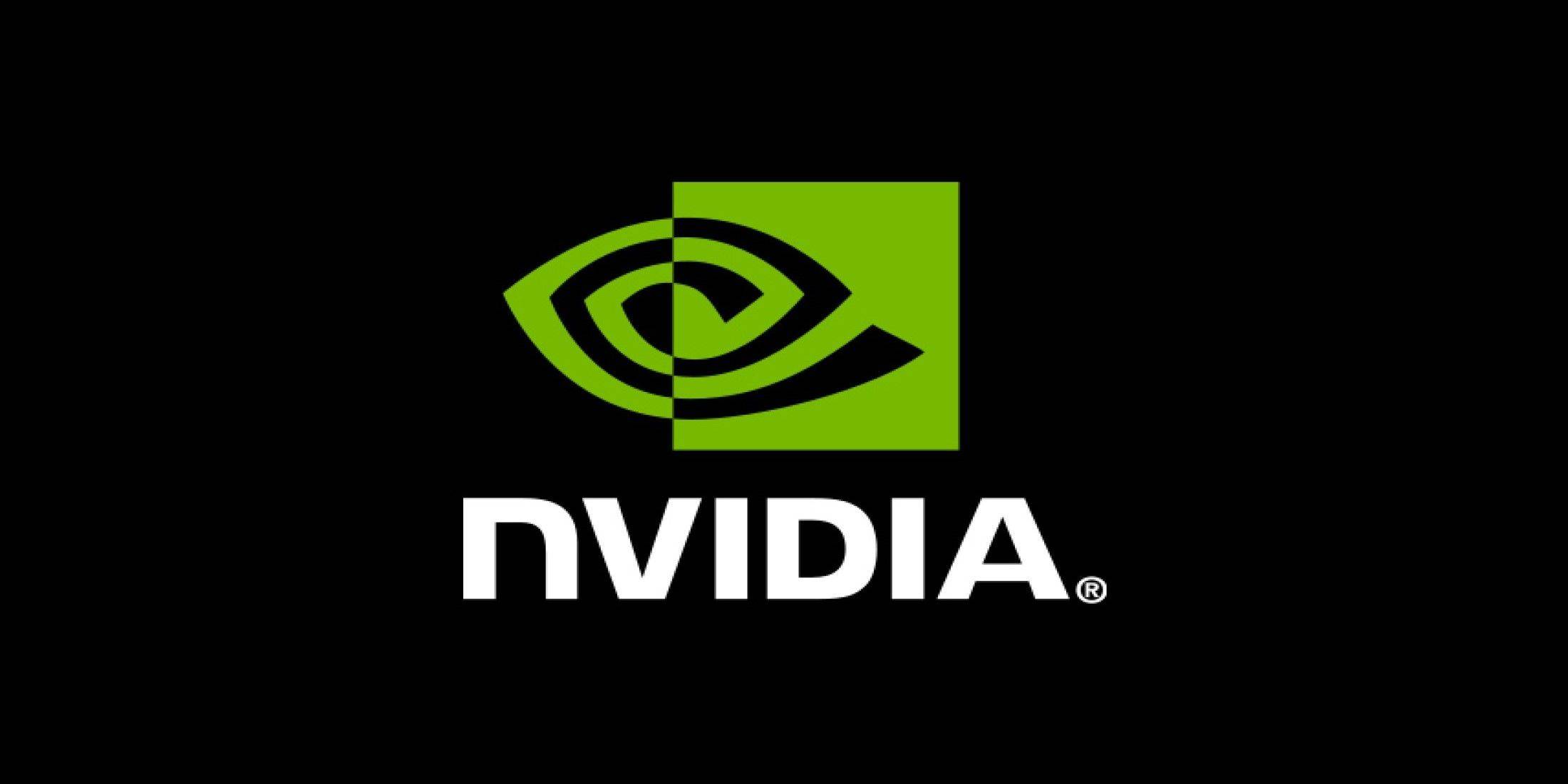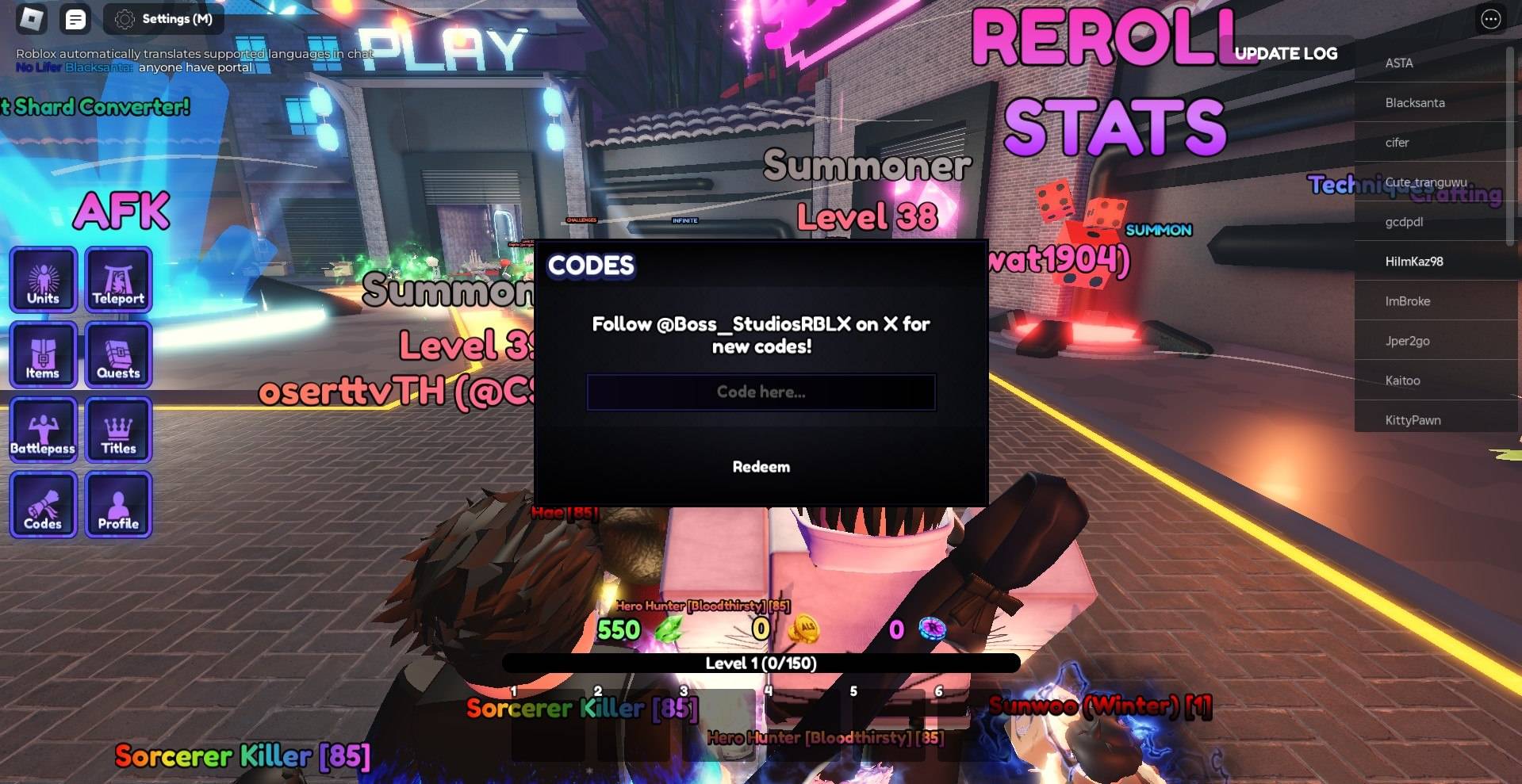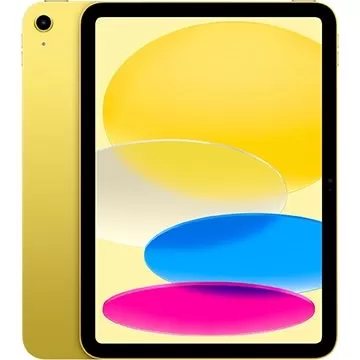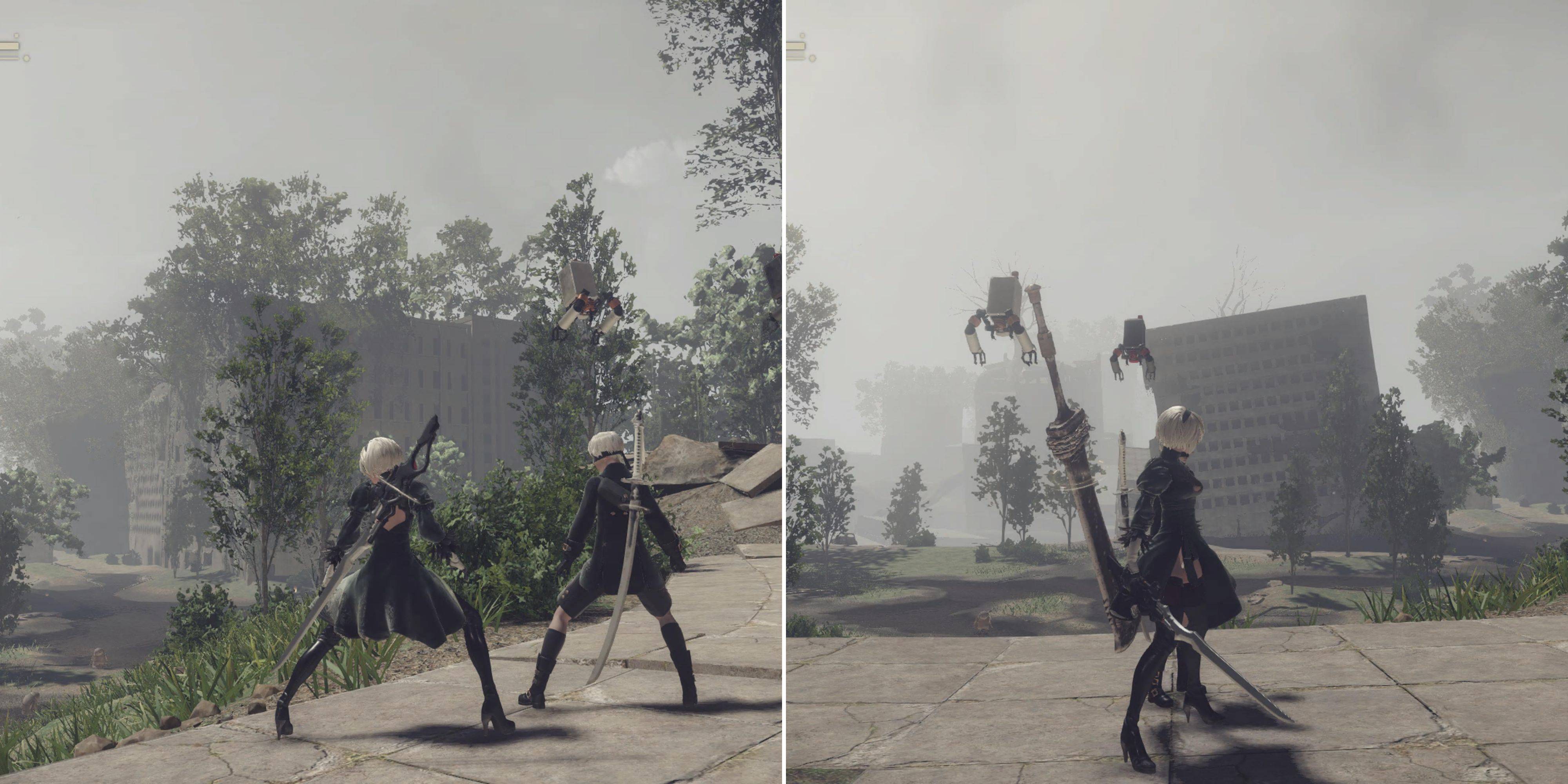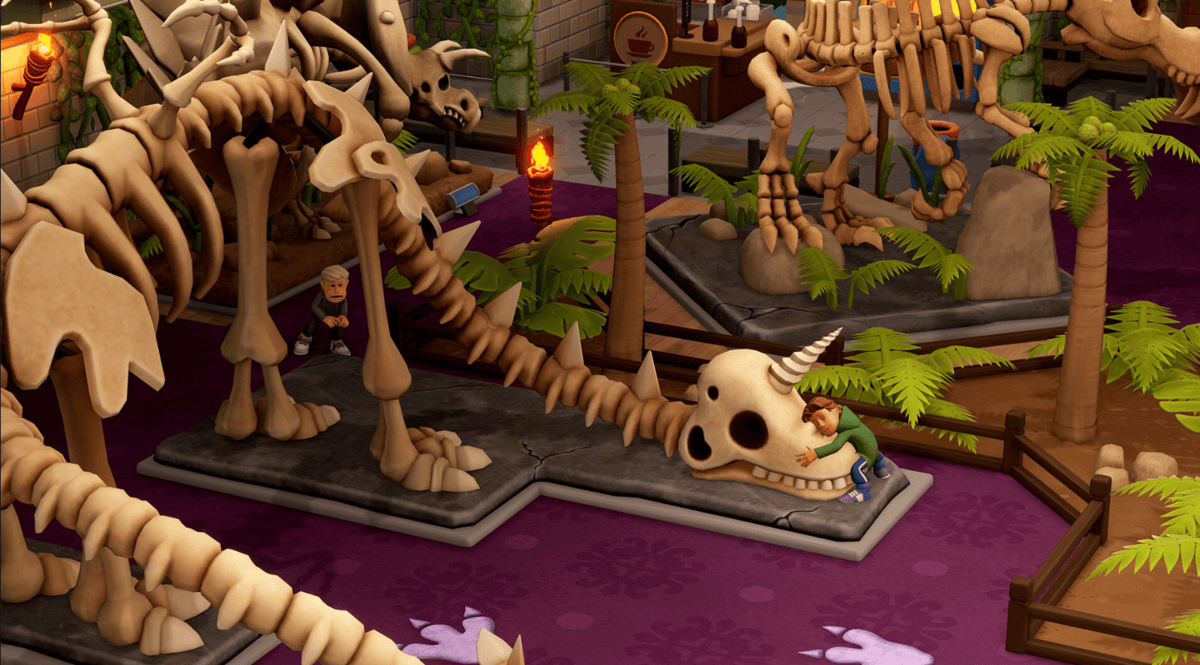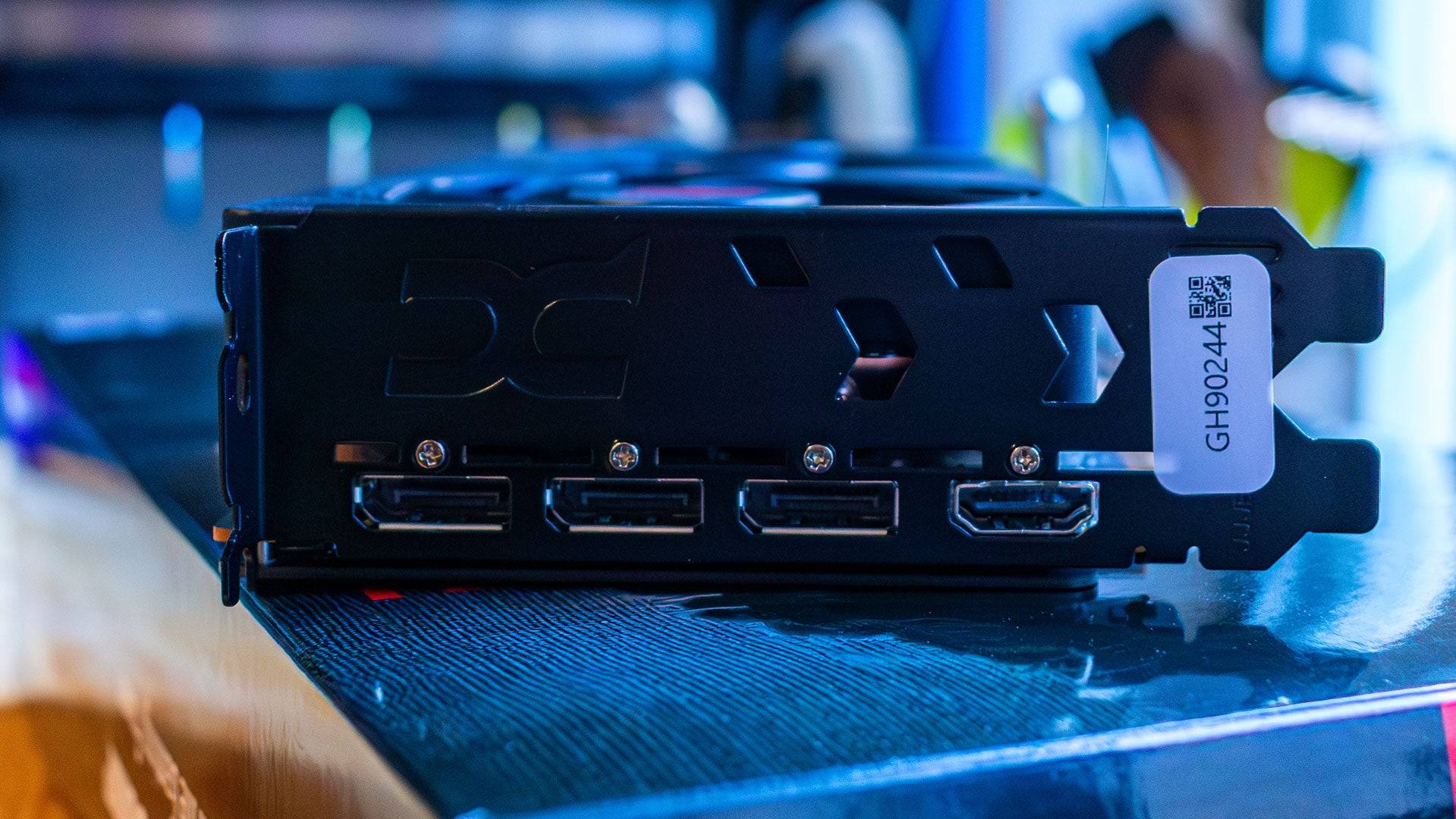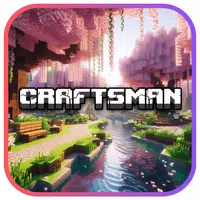"New Oblivion: Remake Look, Remaster Feel"
When Bethesda unveiled *Oblivion Remastered* earlier this week, I was taken aback. The 2006 journey through Tamriel, once characterized by its quirky potato-faced characters and blurry, low-resolution landscapes, has been transformed into the most visually stunning *Elder Scrolls* game to date. Having witnessed numerous HD overhauls in the past, such as the *Mass Effect Legendary Edition* and *Dark Souls Remastered*, which barely differed from their Xbox 360 predecessors, my expectations for remasters were low. Seeing the Imperial City, a place I explored nearly two decades ago, now rendered in Unreal Engine 5 with ray tracing was truly astonishing. The game also boasts enhancements in combat, RPG systems, and various other details. Given these significant upgrades, I initially questioned whether Bethesda and Virtuos should have labeled it as a *remake* rather than a remaster.
I wasn't the only one who thought so. Many fans and even Bruce Nesmith, the senior game designer of the original *Oblivion*, have argued that the term "remaster" might not do justice to the extent of the changes. Despite my initial skepticism, after spending several hours with the game, it became clear that *Oblivion Remastered* may look like a remake, but it plays like a remaster.
The reason *Oblivion* appears as a remake is straightforward: Virtuos has undertaken a monumental task, redesigning "every single asset from scratch." Every visual element, from trees and swords to crumbling castles, is brand new, meeting modern graphical expectations. The game now features exquisite textures, stunning lighting, and a new physics system that ensures realistic interactions. While the characters remain familiar, every NPC model has been recreated. This overhaul aims not to mimic the nostalgia of yesteryears but to achieve visual excellence by 2025 standards, making it the best-looking Bethesda Game Studios RPG yet. Had I seen this before the remaster rumors, I might have mistaken it for *The Elder Scrolls 6*.
Beyond visuals, the combat system has been refined, making swordplay feel more satisfying. The third-person camera now includes a functional reticule, and all menus, including the quest journal, dialogue, and minigames, have been updated. The original leveling system, often criticized, has been replaced with a more logical hybrid of *Oblivion* and *Skyrim*'s approaches. The addition of sprinting is a welcome change. With such extensive visual and gameplay enhancements, one might argue we're venturing into remake territory.
However, the core of *Oblivion Remastered* remains unmistakably rooted in its original design. The game retains its loading screens, the quirky persuasion minigame, simplistic city designs, and the somewhat awkward NPC interactions. Even with the combat upgrades, it still feels somewhat detached. The presence of bugs and glitches, preserved to maintain the original's charm, further cements its identity as a remaster rather than a remake.
The release of Obsidian's *Avowed* recently showcased modern interpretations of *The Elder Scrolls* mechanics, making *Oblivion Remastered*'s systems feel outdated in comparison. Yet, *Oblivion* retains its magic and ambition, with features like dynamic goblin wars and engaging quest structures that stand out even against newer titles like *Skyrim*. Its old-school approach to player freedom remains refreshing in an era dominated by more guided gameplay experiences. However, the game's dialogue, system interconnectivity, and level design reveal its age, emphasizing its status as a remaster rather than a complete overhaul.
AnswerSee ResultsVideo games often borrow terminology from other media. In film, remakes are entirely new productions, whereas remasters are enhanced versions of existing films to meet modern quality standards. The 4K restorations of classics like *Jaws* and *The Godfather* illustrate this, still clearly products of the 1970s despite their enhanced visuals. *Oblivion Remastered* mirrors this concept, pushing its visual quality to the limit by recreating its "exterior" in Unreal Engine 5, yet it remains a product of the 2000s at its core. Alex Murphy, executive producer at Virtuos, aptly described this during the reveal: "We think of the Oblivion game engine as the brain and Unreal 5 as the body. The brain drives all the world logic and gameplay and the body brings to life the experience that players have loved for almost 20 years."
*Oblivion Remastered* is precisely what it claims to be, and its achievements should not be underestimated. Rather than insisting it's a remake, we should view it as the benchmark for remasters from other major AAA developers. It sets a standard that *Mass Effect Legendary Edition* and *Grand Theft Auto: The Trilogy* should have aspired to, rather than being mere re-releases or cash grabs. *Oblivion Remastered* is a labor of love, looking like a remake yet playing like a remaster, which is exactly how it should be.
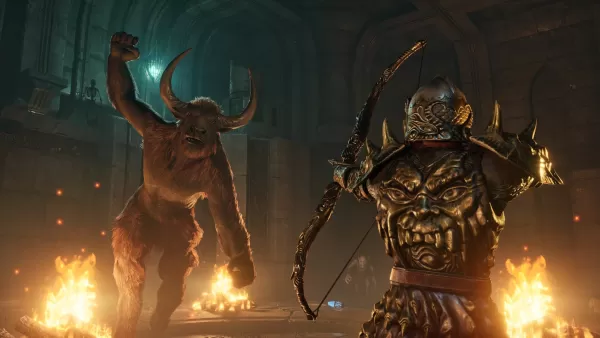
New lighting, fur, and metallic effects are just the tip of the iceberg of Oblivion Remastered's changes. Image credit: Bethesda / Virtuos
Latest Articles

![1xBet [Updated]](https://imgs.yx260.com/uploads/76/1719623227667f5e3be7616.jpg)


